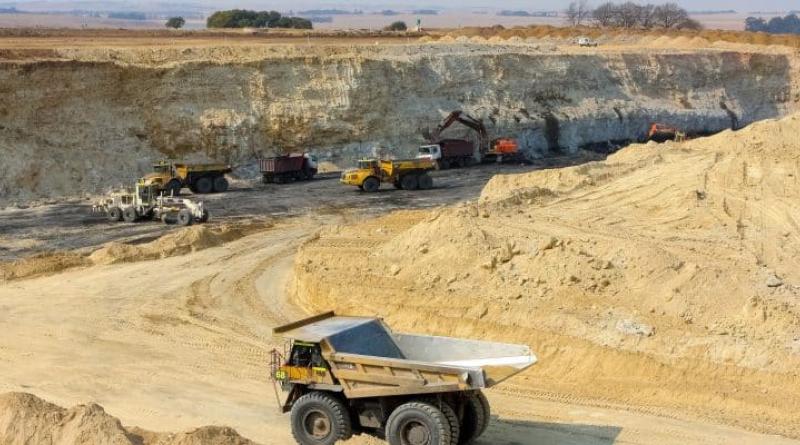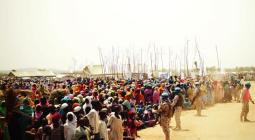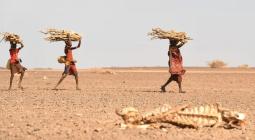AFRICA: the 6th MOTA looks at the future of mining on the continent

The 6th Mining On Top Africa (MOTA) conference is being held from 12 to 13 July 2023 in Paris, France. After a five-year truce due to Covid-19, this new edition gives European investors the opportunity to negotiate new mining contracts in Africa. However, they will have to take into account the demands of environmentalists for sustainable economic models that give pride of place to nature and local communities.
Responsible mining practices are the theme of the 6th Mining On Top Africa (MOTA) conference, being held in Paris, France, on 12 and 13 July 2023. With nearly 300 participants, including 51 speakers, 26 exhibitors, 50 organisations and 21 countries.The annual African Mining Summit provides an opportunity for industry leaders to meet and network, engage with the media, raise funds, invest in projects, and generally engage with the resources sector at a leadership level in a mining community context while advancing the interest of French and European investment in mining in Africa.
The theme of the 6th Mota is “the mining of tomorrow”, and it takes place against a backdrop of rising demand for minerals that are essential to the global economy. And Africa, with the mining potential of some of its countries, is well placed to respond. The Democratic Republic of Congo (DRC) alone has 70% of the world’s cobalt reserves. This mineral is essential for the manufacture of electric vehicles and batteries. To capitalise on this potential, the DRC has joined forces with Zambia, which has 10% of the world’s cobalt reserves. With the support of development partners such as the African Export-Import Bank (Afreximbank) and the African Economic Commission (AEC), the two countries aim to create an African value chain for minerals used in the manufacture of batteries and electric vehicles.
Guarantees of sustainability
In addition to the pan-African nature of the value chain, the African players aspire to sustainable mining that respects nature.
Endowed with a potential capable of ensuring a fair and equitable future for future generations, Africa remains locked into an economic model based on extraction, which is leading to a loss of biodiversity. “We cannot do the same thing over and over again and expect different results. Africa can and must define a different path, a new development model that takes account of environmental justice in a practical way. The unfortunate incidents (floods in May 2023 in the DRC, with a death toll of 430 and thousands made homeless, editor’s note) that we have witnessed on the continent in recent weeks are a strong signal that nature is sending us to make us aware of the disastrous effects that our actions are having on her”, explains Oulie Keita, Executive Director of Greenpeace Africa, in a press release published on 23 May 2023, the day after World Biodiversity Day.
Read also-CAMEROON: Chinese mining company on trial for murder and pollution
According to the global biodiversity assessment report published in 2019 by the United Nations Educational, Scientific and Cultural Organization’s (UNESCO) Intergovernmental Panel on Biodiversity and Ecosystem Services (IPBES), human activities alone account for 75% of the loss of biodiversity in terrestrial ecosystems.





